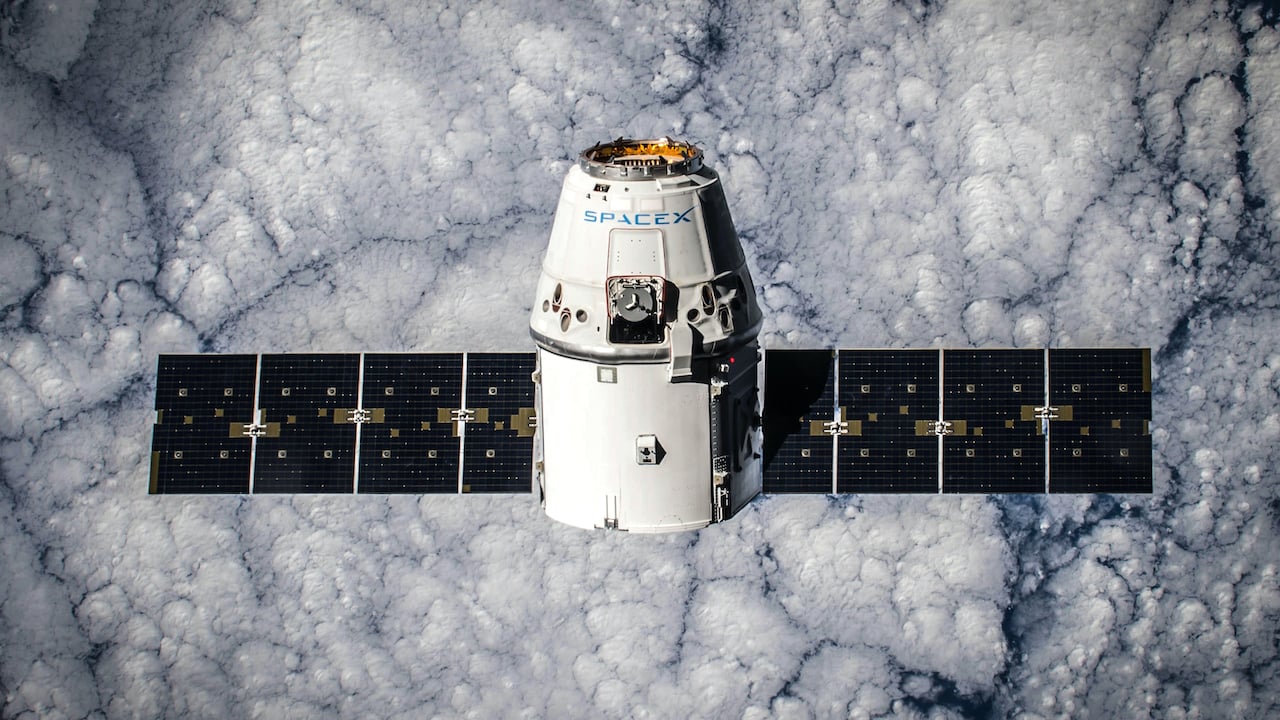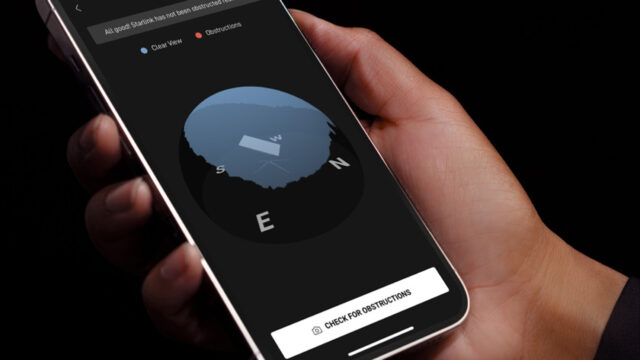SpaceX, the private space company owned and CEO by Elon Musk, announced the satellite internet service Starlink in 2015. But the first concrete steps for Starlink were taken in May 2019, when 60 satellites were placed in low Earth orbit. Earlier this year, the company began testing satellite cellular internet connectivity in partnership with T-Mobile. As of the first half of 2024, SpaceX has increased the number of satellites placed in lower orbit to approximately 5,700. Later, new companies such as ACT SpaceMobile and OneWeb started to launch their satellites. The US Federal Communications Commission (FCC) decided to open up new bandwidth for satellite internet service companies.
New bandwidth for satellite internet service
At its meeting yesterday, the US Federal Communications Commission (FCC) unanimously decided to open up new bandwidth to include SpaceX’s Starlink satellites. The FCC said in a statement that the opening of new bandwidth is intended to promote competition and expand the ability of operators to deliver advanced services, including high-speed internet access, where operators fall short. Since serving too many users with the bandwidths currently in use will at some point cause bottlenecks in terms of internet speeds, etc., and since there are other companies in the sector besides Starlink, the FCC sees it appropriate to open 17 GHz to the next generation of satellite service.

The opening of 17 GHz to satellite internet services is expected to improve internet speeds offered by companies like Starlink. An FCC staff member explains that the 17 GHz band can be used by both fixed and mobile devices like Starlink. However, companies such as SpaceX Starlink, ACT SpaceMobile and OneWeb that will provide satellite internet service may need to obtain a license from the FCC. With the decision, companies like Starlink will be able to provide services between 17.3 GHz and 17.8 GHz bands with the new bandwidth.
Operators in the US, such as Verizon and AT&T, have submitted a scathing report to the FCC, citing concerns that opening up 17 GHz to low-orbit satellite providers could cause interference to their local networks. The FCC commission says satellites include protections to prevent interference with ground-based telecommunications services. Our rules allow for a range of use cases from different orbits, promote competition in the space economy, and create more opportunities for companies from the United States around the world, FCC chair Jessica Rosenworcel said in a statement about the new bandwidth opening. The fully-organized decision is expected to be published online in a few days.
What do you think about the new bandwidth opening? Please let us know your thoughts in the comments section below.














